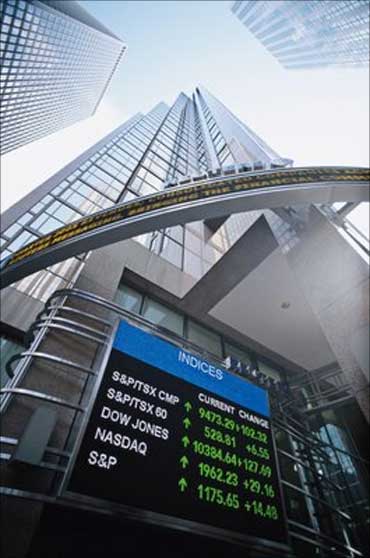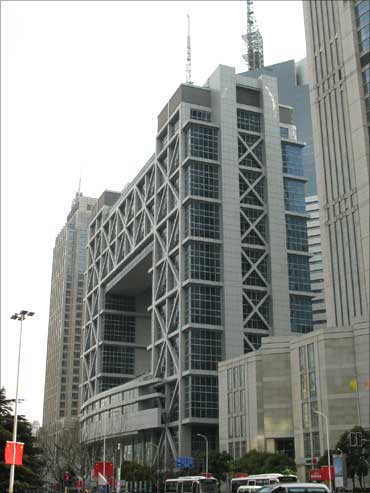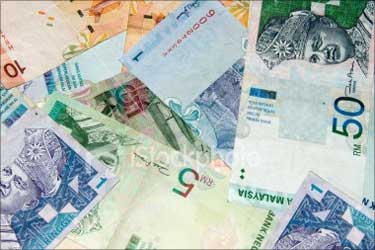
India, the world's second fastest growing economy, also provided the second highest returns from equities, just behind Indonesia, an Asian Development Bank report said on Tuesday.
The report, however, warned of challenges arising from large capital inflows in terms of macroeconomic issues like exchange rates and asset bubbles in emerging market economies.
...

According to the report titled Asia Capital Markets Monitor, India stood second to Indonesia in terms of yield from equities in 2009 and also during the first four months of this year.
"The emerging Asian equities yielded a 73 per cent return in US dollar terms in 2009, with India (102.8 per cent) and Indonesia (127.6 per cent) leading the way," the report said, citing the Morgan Stanley Capital International Returns Index, valued in US dollars and measured as the price index plus reinvested dividends.
...

The corresponding figures for China, the US, the Eurozone and Japan are 62.6 per cent, 27.1 per cent, 32.4 per cent and 6.4 per cent, respectively.
For the January-April 2010 period, the equities yield for Indonesia was 14.4 per cent, while that of India was 12.8 per cent. China gave a return of 7.4 per cent, the US at 11 per cent, Japan at 6.1 per cent and Eurozone minus at 1.7 per cent during the period.
The prospect of stronger growth in emerging Asia has attracted large portfolio investment inflows, boosting local stock markets, the report added.
The report, however, noted that as economic recovery gains traction and monetary policies are tightened, capital inflows to the region are likely to surge, which may create problems for these economies.
...

"Large short-term capital flows could complicate macroeconomic management in the emerging market economies...This may generate volatility in some currency markets and pose a challenge to macroeconomic management," the ADB report said.
The report added that the appreciation pressures on the Asian currencies will likely intensify as capital inflows surge on improved economic prospects for the region.
"The sharp rise in capital inflows along with the recent appreciation of the Malaysian ringgit, the Indian rupee... have raised concerns about overshooting exchange rates, potential asset bubbles, and capital flows' overall impact on market stability," it said.